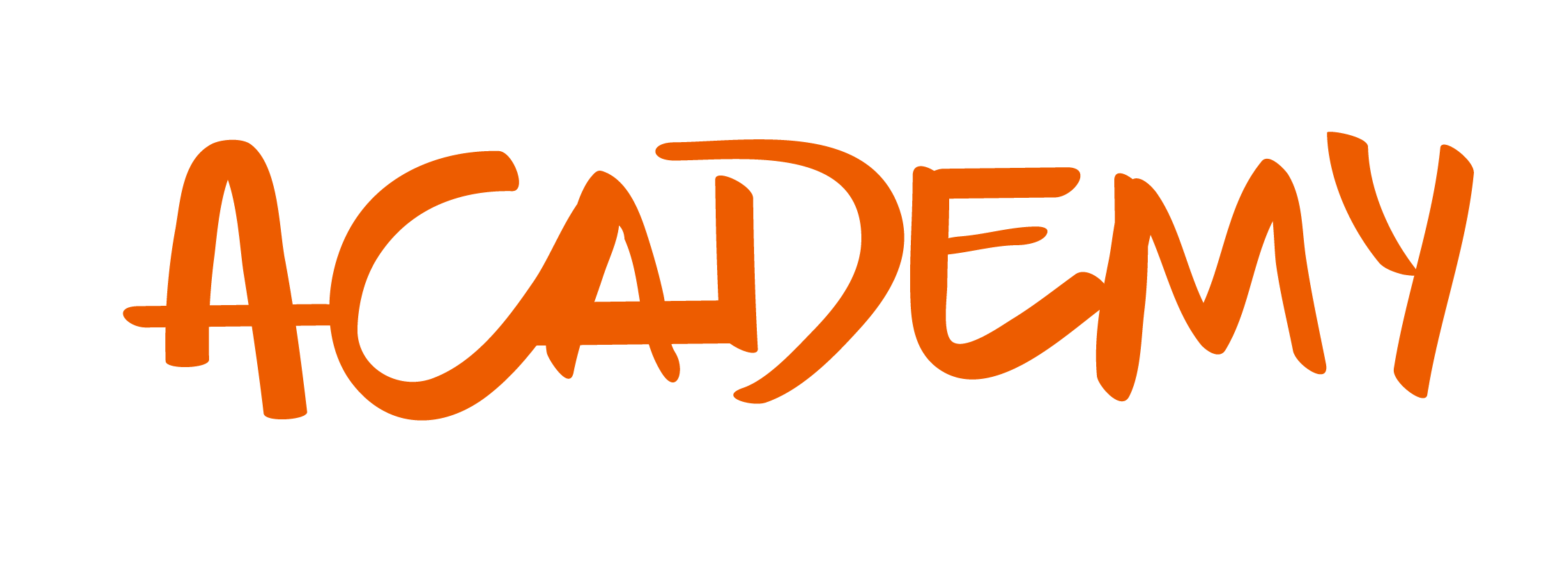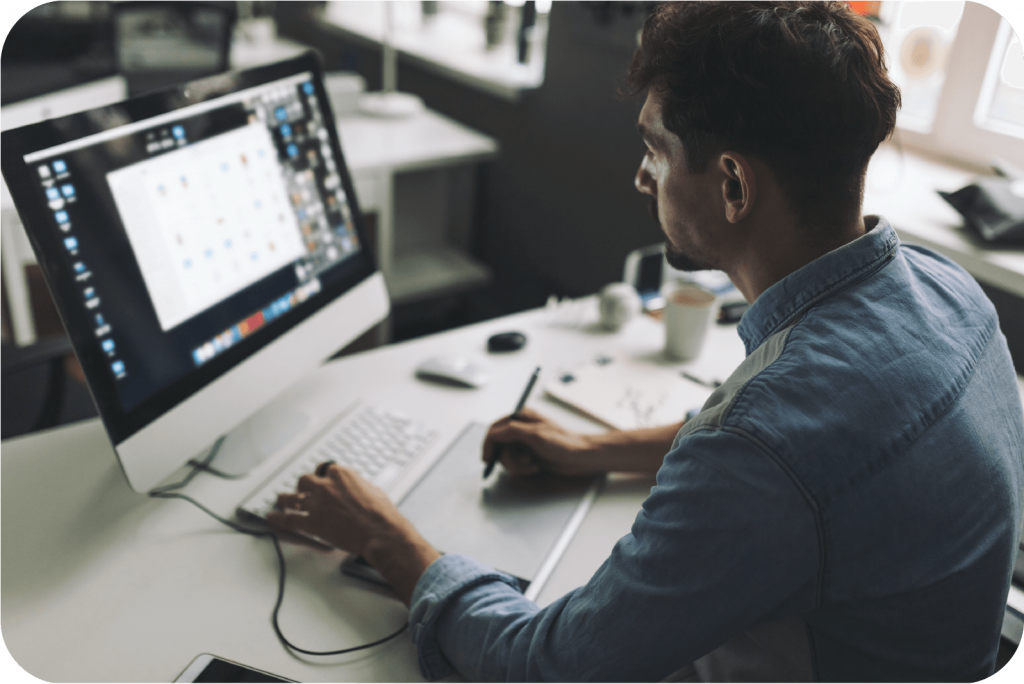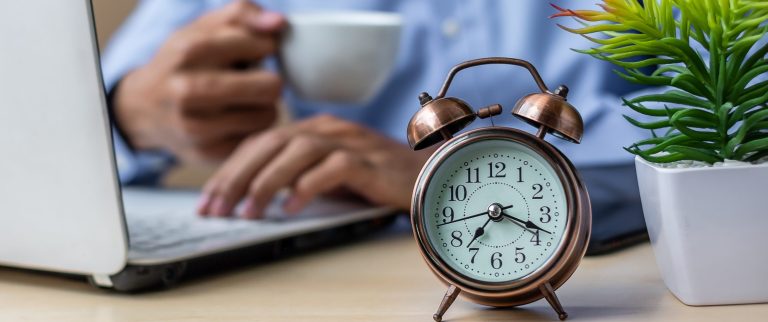Tracking Hours: A task for the creative?
Time Management is often overlooked and not taken seriously, but once implemented in a creative environment, you’ve just signed for success.
It’s not flashing news that creatives struggle with managing working time hours, they end up condensing their job into long sessions, usually losing track of the time used to complete each task.
Nowadays, workflows are gradually changing, for better or worse, to suit the creative lifestyle, seldom does a creative stick to the 9 to 5 shift, even if they work in a creative agency, inspirations take hold at night time and they can spend the entire evening brainstorming and producing; let alone when we talk about freelancers.
Is time tracking the same as time-wasting? Sometimes we end up undervaluing those “ boring statements” the project manager points out such as improved time entries, better budget management, and avoiding future project overrun, forgetting about the true purpose of these apps: creating a platform that constantly learns about the user’s habits.
Administrators usually prefer a more strict time schedule, while creative workers are more likely to prefer a more flexible timetable. The majority of cases believe that tracking time apps actually disrupt the creative process and are ultimately a waste of time when talking about creative industries. This particular argument meets up with serious reproaches when deadlines aren´t met and business opportunities are lost because of this.
Time tracking enables the creative to visualize their work on a timetable and assure to get paid for the amount of work they´ve done and understand the success or where to adjust to keep the train steady and going forward. Good project management can’t be simply achieved without it, let alone when we talk about estimates, profitability, and even mastering your craft. That’s precisely why creative agencies use time tracking software apps which are used as tools that automatically track everything you do, and how many work hours you spend on your tasks as its primary function.
Time tracker apps as we’ve been saying, track all the time you spend on different creative work and projects without any interruption. It records all active web and desktop activities, as well as a GPS locator, using an AI to translate it into fully accurate timesheets. You can control, manage, and bill time from one place without compromising your own productivity; indeed a powerful project management tool.
Tracking apps just simply the entire timesheet creation process while improving its accuracy. This means you can brief your client with confidence about the hourly rates and make sure you’re doing a job that suits you for the number of hours spent on each task. Detailed reports are made to a state where your time went. As a task management tool, managers can set automatic reminders to ensure everyone’s timesheets are in on time, taking the sting out of essential admin and removing end-of-month bottlenecks.
Time tracking tools help estimate time budgets better so that the project manager can give the team members a reasonable time window for delivering a task. In addition, using a tool to track time also shows transparency, creative teams can look at their billable hours, and thus, have a sense of autonomy.
Quantify internal Time
Smart creative agencies will always value tracking time, not only the billable ones, including project and task management, email, meetings, research and development, and internal team communication. It helps to identify inefficient processes and workflows that limit your team’s productivity.
Tracking projects in real-time
Time tracking apps help you track project performance across all of your clients and projects using a powerful time real-time dashboard, whether you charge hourly or a projected income, you need to understand how much projects are costing you. By monitoring the time and money budget spent, tracking the latest activities throughout all projects, and ensuring everyone is working on priorities to deliver projects on time and on budget.
Mastering workflows
By having an idea of how you are spending your time, you can surely work out how to get more value from it. Automatic time tracking is the easy route to time consciousness and control. You can see how you redistribute your time, how long tasks take you, where and when you get distracted, where the internal time goes, and how you perform against eventualities and then do something about it, optimize your process and create better conditions to give out your best work.
Managing resources
Time tracking pulls out all your team efforts into one place for quick and proactive management. Seeing who is working on what, who has the capacity to carry out a certain task to help out, who’s veering from the priority, and who is on the road to hit a bump. Showing everyone’s activity across the projects also facilitates quick team collaboration; know where your colleagues are with a task without interrupting their work.
Focus on what’s important
Tracking time for yourself, lets you enhance your productivity and do meaningful and efficient work. Since everything is captured and documented while you are working, in time tracking apps you don’t have to interrupt your day to log hours or make notes. Interact with the tools as often as you like, whatever works best for your individual flow.
Leading with confidence
Time tracking is all about empowering people. Tracked memories will remain private to them alone, and all team members can review time entries as many times as they want. You can address your own productivity goals in private, secure spaces, and improve workflows and schedules so as to master your own work.
The benefits of time tracking in a creative agency
1. Proper Time Budget Estimates
Without proper time management, creatives may focus their attention on lees important duties, they like challenges and enjoy seeing how many projects they can carry through during the week. They could instead dedicate their time to projects that can really make them grow, so to guide them in a good direction, they need to consider starting tracking time, in order to optimize their working routine.
2. Validate your own work
In the creative industry sometimes it can be hard to validate the pricing. Keeping an entry report meets up with client satisfaction when he sees that time tracking is used. It keeps everyone accounted for, your workday is visible, and there are no secrets and no guesswork.
Creating reports of your logged hours ensures transparency, which is crucial when building trust between you and your client.
3. Adjust your projects
Another advantage of these mobile app reports apart from validation and accountability as mentioned before is the possibility to evaluate your projects in real-time. It can be used at the end of a project, analyzing what went over the budget on what part of the production and how can it be optimized in the future, so as to accomplish objectives more seamlessly the next time.
Besides using a time tracking app for projects it can also be used to:
- Set hourly rates depending on the size of the client.
- Using tags when having different teams in the same agency.
To sum up, using a time tracker to monitor logging during work hours, adding tasks, and overseeing project details can help creatives in a better organization to carry through their projects.
4. Better task delegation
Proposing a hybrid work model between remote and onsite work has become quite common among many agencies. Although this may at first seem like a comfortable way of working, it takes time to be accustomed, which is why many workers may experience productivity dips.
To get a better understanding of how productive they are throughout the day, creatives should log their working hours. Thus, they’ll learn how much time they need for a particular task, and also see how much free time they dispose of.
Furthermore, tracking time can improve task delegation:
knowing who’s working on what task gives you a clear picture of the dynamics and performance of your team, and also see who slacks. So, if you’re on a tight schedule or need an urgent assignment, you’ll know how to delegate it, and who is more available to carry over that task.
Why is a time tracking essential for creatives?
The answer to this lies in one of the consequences of time tracking: improving the innovative side of creatives, and trying to find a balance between project efficiency and their own way of doing things.
Producing creative products is not the only task of creatives: brainstorming, designing, meeting, breaks, and analyzing recent projects are part of the job also, the challenge relies on managing these activities. It’s imperative to ensure weekly developments in time redistribution while the development of a project.
It’s important for a creative to see this as a tool of self-improvement, it may sound harsh or strict, but time is money for everyone, and it’s important to channel creativity in an efficient way. This can also be a good opportunity for creatives to show fairness and grow strong relationships with their managers: a reliable workmate with whom to structure workweeks to have more time to cultivate personal interests.
Why is a time tracking important?
Usually, creative teams from creative agencies tend to struggle with time tracking. In many cases, it’s because they don’t recognize it as something important. Nobody has explained to them that entries are used for generating performance metrics, not for micromanaging their work.
This is why it´s crucial to spell out the reasons why time tracking is key for your team. You should explain that when they track time, it is easier to resource new projects appropriately so that the team stays focused and meet its deadlines.
It´s no secret agencies often feel overworked. This is another benefit of time tracking. Point out to your employees that when they track their time, it can help them prove that you really do need to hire more team members. In other words, tracking time can lead to less overtime and lower stress in your work environment.
Plus, tracking time ensures that account managers can spend less time on administrative work and more time on what is really important.
Obviously, creative teams don’t want to stop working every fifteen minutes to track time because it will interrupt their focus. This is why it’s crucial to tell them to track big tasks and not to lose time and energy on small tasks.
Last but not least, explain to them that time tracking can help you determine which clients are the most profitable. This allows your agency to focus on attracting the right kind of clients.
Make it a Habit
Habits are the key to consistency, and consistency is the key to achieving whatever you want in life. That is why it’s crucial to form the right habits in your agency from the get-go. So why don’t make time tracking a habit among your employees?
When you explain to your creative teams the reasons why time tracking is important, they will be more likely to embrace it from day one. Once they understand the benefits of time tracking, both for themselves and for the agency as a whole, they’ll have the right motivation to make time tracking a habit.
A tracking time app can help you stick with your weekly habit. In company time, you can take a look at time entries for all your employees. That gives you a better understanding of what is taking too much time for the team or each employee. With these valuable insights, you can decide which direction you want to take with a specific project.
Conclusion
As we said in the beginning, time management is often undervalued in the creative industry, yet it is crucial for success.
When tracking time, creatives can ensure they spend their time doing high-value projects. Thus, with a time tracker, employees find it easier to determine their time budget properly. Moreover, creatives often struggle with validating pricing to their clients. With tracking time apps you will find a solution: simply log all meetings, revisions, and workshops, then present detailed reports to their clients as proof of their work. Furthermore, reviewing such in-depth reports helps the team evaluate their work at the end of the project. Last but not least, using a time tracker allows all team members to see who’s currently, which secures better task delegation. Therefore, with proper time management and time tracking, creatives will not only be able to effectively carry through their tasks but also maintain a positive relationship both with their clients and their colleagues.















